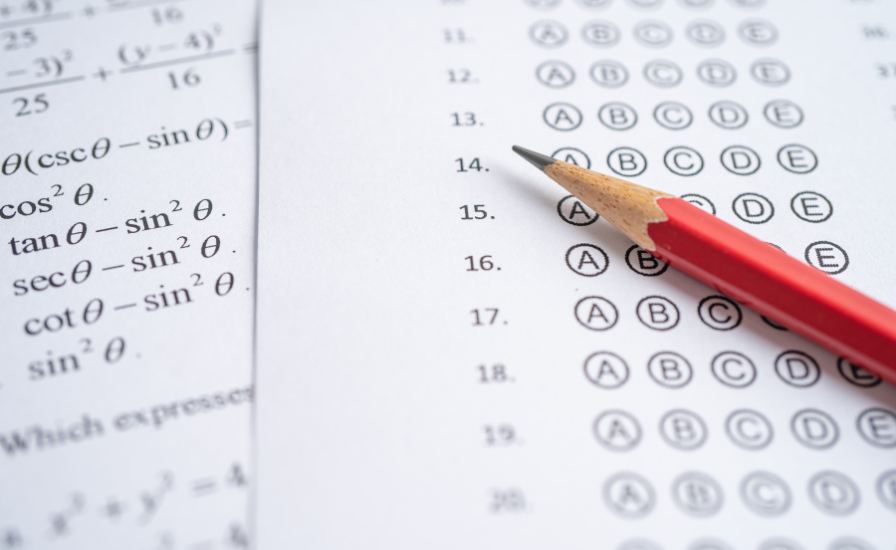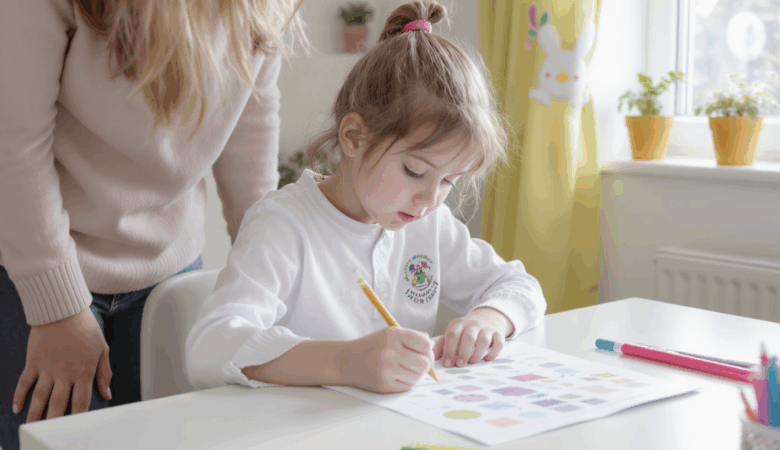Bexley 11 plus Selection Test
The Bexley Selection Test, also known as the 11+ exam, is a pivotal point in a child’s educational journey in the Bexley borough. This test determines eligibility for entrance into selective secondary schools, making it a significant milestone. Understanding the ins and outs of this test can be daunting for both parents and students. Expanding upon the journey to mastering the Bexley Selection Test, incorporating 11 plus mock exams and mock exam into our roadmap adds a crucial layer of practical preparation that can significantly boost a student’s confidence and performance.
This blog aims to demystify the process and provide a comprehensive, step-by-step guide to mastering the Bexley Selection Test.
Understanding the Bexley Selection Test

The Bexley Selection Test assesses a child’s suitability for a grammar school education, focusing on their ability to process information and solve problems across various subjects. It typically covers areas such as verbal reasoning, non-verbal reasoning, and numerical reasoning, although the exact content can vary from year to year.
Step 1: Early Preparation
Begin Early: Start preparing your child at least a year in advance. This gradual preparation helps in building confidence and ensures thorough coverage of the syllabus without overwhelming them.
Understand the Format: Familiarise yourself and your child with the test format. Knowing what to expect can significantly reduce test anxiety and improve performance.
Step 2: Develop a Study Plan
Assess Current Level: Identify your child’s strengths and weaknesses through practise tests. This assessment will guide you in customising a study plan that focuses more on areas needing improvement.
Create a Study Schedule: Design a balanced study schedule that allocates time for each subject area. Include short breaks to keep your child motivated and prevent burnout.
Step 3: Focus on Core Areas
Verbal Reasoning: Enhance your child’s vocabulary, comprehension, and logical reasoning skills. Encourage reading a variety of books and discuss them to improve understanding and analytical thinking.
Non-Verbal Reasoning: Practise pattern recognition, sequences, and spatial awareness. Use puzzle books and online resources tailored to non-verbal reasoning.
Numerical Reasoning: Solidify basic mathematical concepts and introduce problem-solving techniques. Regular practise with timed exercises can help improve speed and accuracy.
Step 4: Practise, Practise, Practise
Use Practise Papers: Invest in quality practise papers that mimic the format of the Bexley Selection Test. Timed practise sessions can help simulate exam conditions, making the actual bexley 11 plus exam less intimidating.
Review Mistakes: Go over incorrect answers together to understand mistakes and learn from them. This review process is crucial for improvement.
Step 5: Develop Exam Strategies
Time Management: Teach your child how to manage their time effectively during the test. Practising with timed papers will help them gauge how much time to allocate to each section.
Guessing Strategies: Since there is no negative marking, teach your child to make educated guesses rather than leaving answers blank.
Step 6: Maintain Well-Being
Encourage a Healthy Lifestyle: Ensure your child gets enough sleep, eats healthily, and engages in physical activities. A healthy body contributes to a sharper mind.
Reduce Stress: Preparation for the test can be stressful. Encourage open communication about feelings and stress. Reassure your child that their best effort is what matters most.
Step 7: The Final Stretch
Review Key Concepts: As the exam approaches, focus on reviewing key concepts rather than trying to learn new topics.
Mock Exams: Arrange for a few full-length mock exams under exam conditions. This practise will help fine-tune time management and reduce exam day anxiety.
Relaxation Techniques: Teach your child simple relaxation techniques, such as deep breathing, to help manage stress on the day of the exam.
On the Day of the Test
Ensure a Good Night’s Sleep: A well-rested mind performs better. Ensure your child goes to bed early the night before the test.
Healthy Breakfast: Start the day with a nutritious breakfast to fuel the brain for the challenges ahead.
Arrive Early: Plan to arrive at the test centre early to avoid any last-minute rushes, which can increase anxiety.
After the Test
Debrief and Relax: Discuss how the test went in a supportive and non-judgemental way. Regardless of the outcome, plan a fun activity to relax and celebrate the effort your child has put in.
Leveraging 11 Plus Mock Exams

Importance of Mock Exams: Mock exams play a pivotal role in preparing for the Bexley Selection Test. They serve not just as a tool for revision but as a means to acclimatize students to the exam environment. Mock exams, especially those that mimic the 11+ in format and difficulty, offer invaluable experience in managing the pressures of a timed test.
Incorporating Mock Exams into the Study Plan
Scheduled Mock Exams: Introduce mock exams into the study schedule at regular intervals. Starting with less frequency and gradually increasing as the test date approaches allows for measured progress and identifies areas needing further attention.
Create a Realistic Exam Environment: To get the most out of each mock exam, simulate the actual test conditions as closely as possible. This includes a quiet environment, strict adherence to timing, and using the correct answer sheet format. The goal is to make the real test feel like just another practise session.
Analysing Mock Exam Results
Detailed Review: After each mock exam, take the time to go through each section with your child. Discuss what went well and what didn’t. This feedback is critical for turning mistakes into learning opportunities.
Focus on Weak Areas: Use the results of the mock exams to pinpoint specific areas where your child struggles. Allocate additional study time or seek external help if necessary to address these weaknesses.
Psychological Benefits of Mock Exams
Building Confidence: Regular exposure to mock exams helps build a student’s confidence. Familiarity with the question types and format reduces anxiety, making the student more confident on the actual test day.
Stress Management: By repeatedly experiencing the pressure of timed tests, students learn to manage their stress levels effectively. This practise can help them remain calm and focused during the real exam.
Timing and Frequency of 11 Plus Mock Exams
Start Early but Not Too Early: Introducing mock exams too early in the preparation process can be overwhelming. However, waiting too long might not leave enough time to address the areas that need improvement. Finding a balance based on your child’s readiness is key.
Regular but Not Overwhelming: While regular practise is essential, too many mock exams can lead to burnout. Ensure there’s a healthy balance between mock exams, targeted study, and rest.
Final Tips for Maximising Mock Exam Efficacy
Use Quality Materials: Not all mock exams are created equal. Ensure you’re using high-quality materials that accurately reflect the content and difficulty level of the Bexley Selection Test.
Incorporate Variety: To prevent your child from becoming too accustomed to any single format or set of questions, use a variety of mock exam sources. This diversity ensures a well-rounded preparation.
Celebrate Progress: Recognise and celebrate improvements in mock exam scores. Positive reinforcement encourages your child to keep striving towards their goals.
Remain Supportive: Your support and encouragement are crucial throughout this process. Maintain a positive attitude and remind your child that effort and progress are more important than perfection.
Final Thoughts
Success in the Bexley Selection Test is not just about academic preparation; it’s also about mental preparedness, resilience, and maintaining well-being. Remember, every child is unique, and success can be defined in many ways. The journey through preparing for the 11+ exam can teach valuable life skills such as dedication, time management, and how to handle pressure. By following this step-by-step roadmap, you are not just preparing your child for a test but also setting them up for success in their future educational endeavours.









Leave a Reply